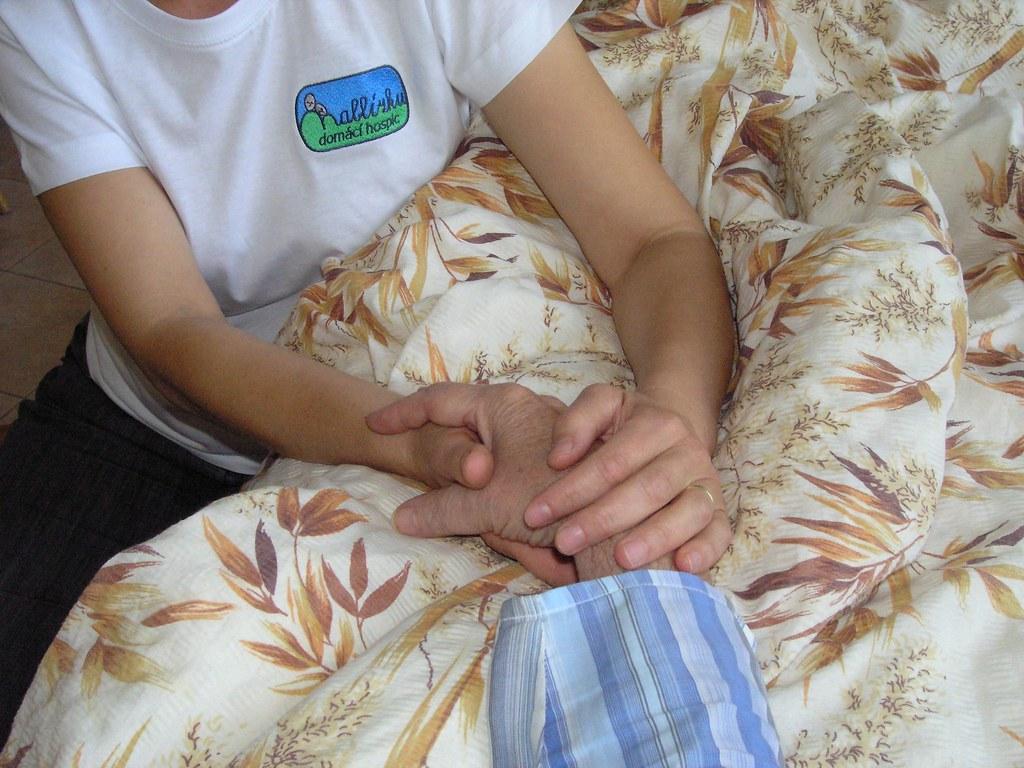
Federal authorities have drastically cut contracts for quality improvement work for nursing homes and other facilities that cater to an older, vulnerable Medicare population, forcing layoffs in Oregon and nearby states and a scaling back of hands-on assistance.
Comagine Health, which holds the quality improvement contract for Oregon, Washington, Utah, Nevada, New Mexico and Idaho, laid off 44 people after receiving its latest five-year contract. Previously, the Centers for Medicare & Medicaid Services awarded it a $58.5 million, five-year contract across its six-state region. Its current contract totaled $23.6 million for five years -- a 60% reduction.
Comagine Health is not alone. All of the 12 quality improvement organizations, or QIOs, awarded a contract in the latest round saw a cut in the dollar amount awarded -- but not in their workload.
“The volume of work has not changed tremendously but the total amount of money that the QIOs have been given to do the work has been reduced substantially by 60 to 70%,” said Alison Teitelbaum, executive director of the American Health Quality Association, which represents quality improvement contractors. “Ultimately it means there will be less money available for hands-on technical assistant and a lot more technical assistance will have to be provided virtually.”
The reduced contracts were awarded in November after a months-long delay, about three months before an outbreak of COVID-19 in a nursing home in Kirkland, Washington. So far, 10 people in Washington state have died from the virus, all but one in Kirkland where COVID-19 swept through the Life Care Center nursing home.
The outbreak has underscored the need for more infection control in nursing homes.
CMS did not respond to questions from The Lund Report about its cut in funding. Instead, it released a statement:
"Over the next five years, these contractors will provide targeted quality improvement assistance to poor-performing nursing homes, as well as small and rural communities and communities serving vulnerable populations," the statement said. This work builds on CMS’s focus on patient outcomes, protecting taxpayer dollars and most importantly, ensuring the safety and quality of care delivered to every beneficiaryIn its latest contract."
The quality improvement program has been in existence for nearly 40 years and is mandated as part of the Social Security Act. It's credited with reducing hospital readmissions, increasing the number of seniors who are vaccinated against pneumonia and improving safety in nursing homes.
In its contract, Comagine Health has to increase the number of nursing homes it works with to 541 across its six states. The focus will be on rural facilities and nursing homes with fewer stars in the CMS nursing home ratings.
“We have quite aggressive recruitment targets,” said Evan Stults, Comagine’s communication director, referring to the number of facilities it has to cover.
The cut in funding and staff will make the work more difficult, he said.
“That’s why we’re being challenged now,” Stults said.
Among the 44 people laid off, seven worked in Portland out of a staff of 50. Those laid off in Oregon and elsewhere included professionals with experience in project management, clinical work and electronic health records, and support staff.
“The layoff was a little bit of everyone,” Stults said.
With fewer people, Comagine will not be able to send experts to facilities to train providers and managers the way it did before.
“We have to think about doing our work differently,” said Kate Elliott, Comagine’s associate vice president of systemwide quality improvement. “We're definitely looking at how we can offer assistance at scale across our region, through our data portal and virtual learning (and by) curating resources for folks.”
Comagine Health can organize webinars to reach several facilities at the same time but they all need to have high-speed internet access, something that’s not always available in rural areas.
“Without broadband access, you can’t provide video conferencing or webinars,” Teitelbaum said. “You have to rely on over-the-phone technical assistance. Research shows that that isn’t as effective as video-based training.”
In its bid to fulfill its obligations under the contract, Comagine Health has launched a web page to recruit nursing homes. So far, 400 in the six state region have signed up. Comagine Health is also trying to build a network of other specialists, from hospitals and primary care providers to community organizations to help with the aims of the contract. Besides stepping up the quality of nursing homes and reducing infections, the focus is on increasing access to behavioral health services, reducing hospital readmissions and harm related to opioid abuse.
You can reach Lynne Terry at [email protected] or on Twitter @LynnePDX.